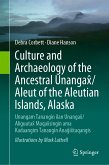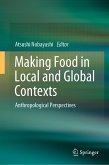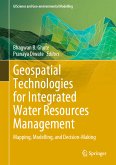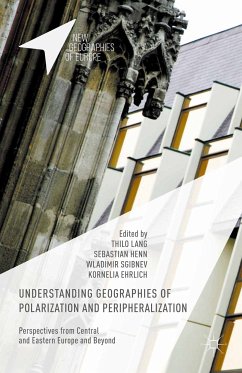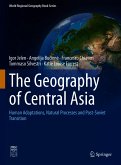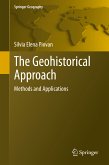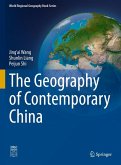Human civilization first emerged in ancient Mesopotamia, where the first writing and the first technologies originated. Writing about Mesopotamia the Cradle of Civilization (the land between the rivers, the Tigris and Euphrates Rivers, modern-day Iraq) is interesting for all interesting readers in the world. Iraq is one of the most beautiful, diverse, and impressive countries in the world. Iraq has a diverse range of environments, landscapes, inhabitants, activities, and cultural heritage, and human civilization has a lot to offer. An extensive collection of original materials gathered over the past few decades was used to elaborate on the geography of Iraq in a novel-length book. The geography of Iraq includes detailed information on its physical, human, economic, historical, and environments. Readers, students, and teachers from all over the world who seek out this information will be satisfied with the various figures, maps, and photographs due to the extra value added.
Dieser Download kann aus rechtlichen Gründen nur mit Rechnungsadresse in A, B, BG, CY, CZ, D, DK, EW, E, FIN, F, GR, HR, H, IRL, I, LT, L, LR, M, NL, PL, P, R, S, SLO, SK ausgeliefert werden.



